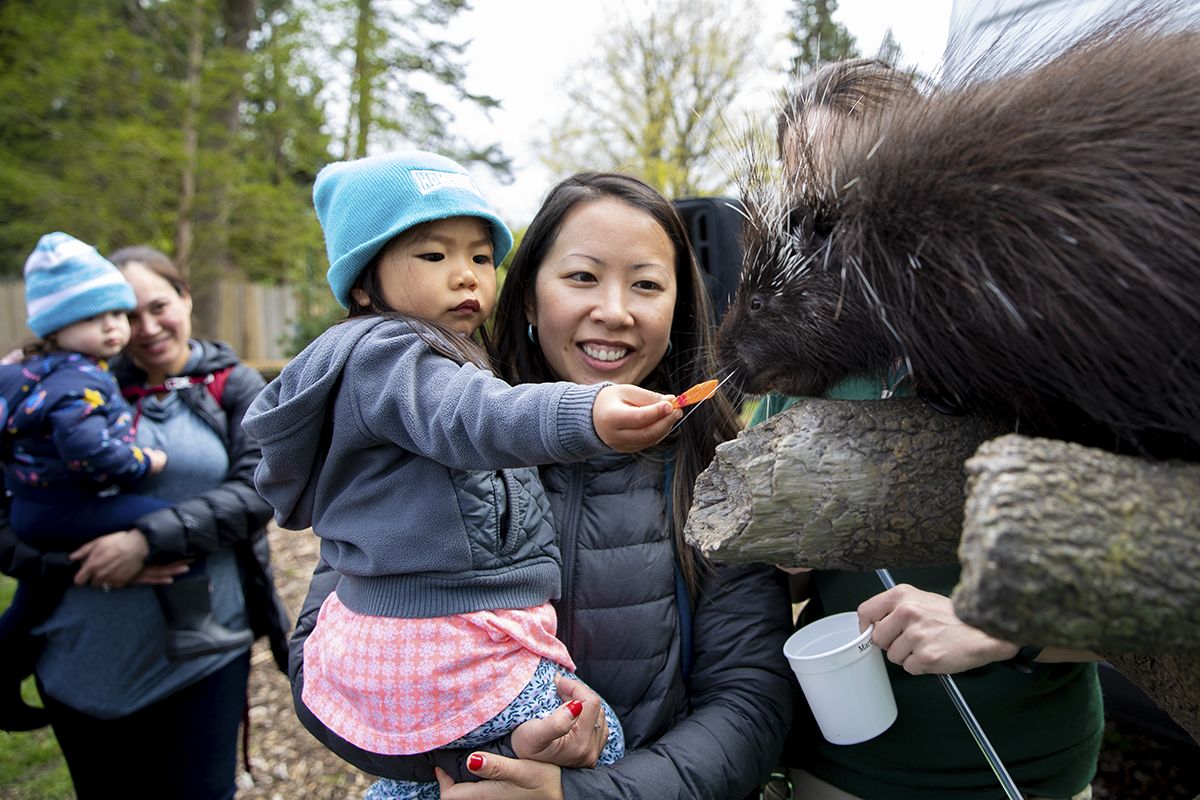
Every year accredited zoos and aquariums help millions of visitors connect with animals, nature, and each other. The experiences we offer are in service of our important conservation missions.
Many of us chose to work in zoos, aquariums, and other conservation organizations because we care deeply about increasing animal wellbeing and supporting conservation efforts. If we want to achieve these goals, we must inspire our visitors to join us.
How can we inspire positive action for wildlife?
It starts with feeling empathy.
In 2019, Woodland Park Zoo founded the Advancing Conservation through Empathy for Wildlife (ACE for Wildlife™) Network to facilitate the sharing of knowledge, experiences, and data to drive conservation change through fostering empathy for animals and the environment that sustains them.
Today, the Network is a global community of more than 500 educators, keepers, communicators, and leaders who are using empathy practices to advance conservation action, learning as we go.
Zoos and aquariums have an opportunity to inspire our guests to act in more informed and caring ways towards animals at our organizations and in nature.
Evidence-based empathy practices are a tool we can use to encourage visitors to view animals as individuals deserving of care, and motivate them to work to sustain the environment that we all depend on.
Empathy matters
Keep reading to learn
What is empathy for wildlife, and why does it matter?
How are other zoos and aquariums using empathy practices, and what have they learned?
What tools and resources already exist that are tested and effective?


